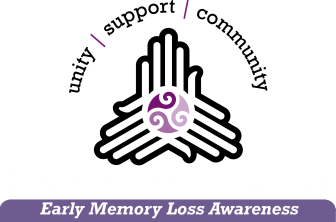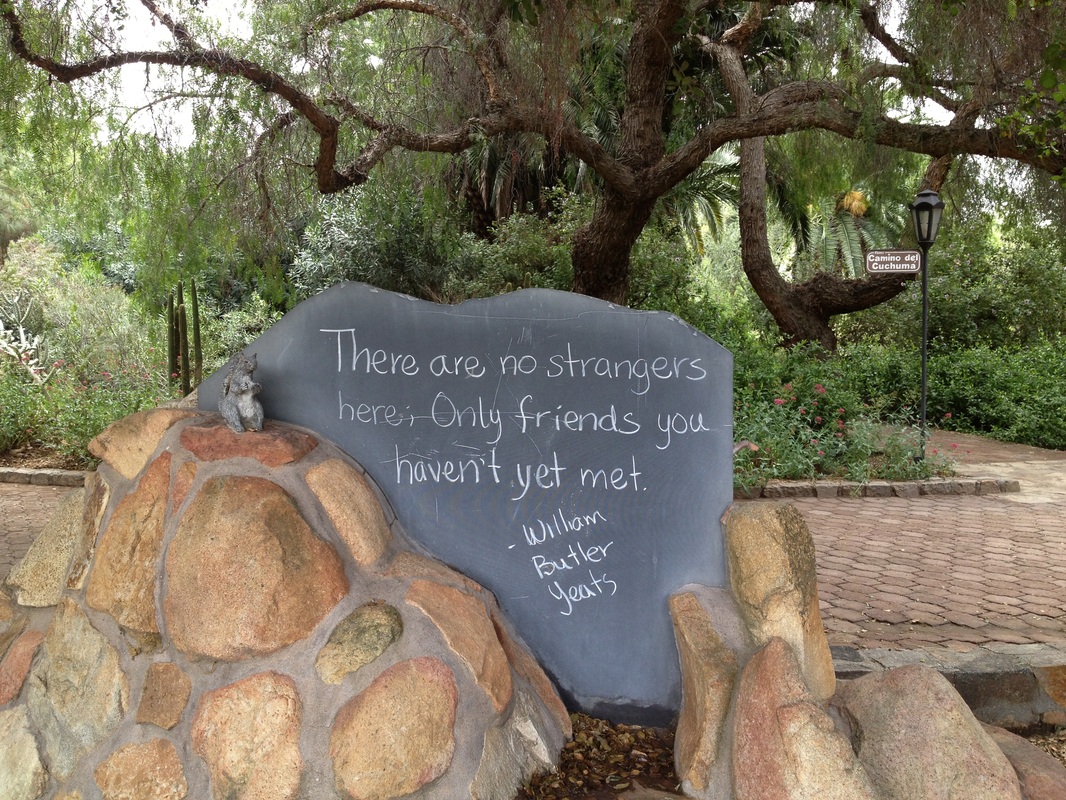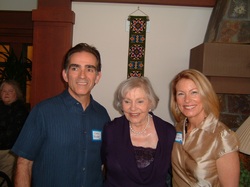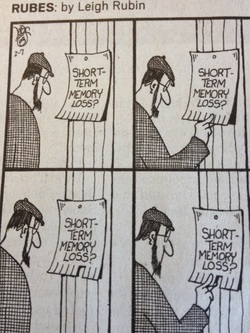
Alz Across America is proud to share this symbol for dementia that can be recognized around the world, with no language barriers!
Thank you Lori La Bey, www.alzheimersspeaks.com for making us aware of this symbol and all the amazing work you are doing to shift the "Dementia Care Culture." and promote Dementia Friendly Communities.
The Global Purple Angel logo was designed to raise awareness around the world for dementia. Its purpose is simple:
- To raise awareness and education of all types of dementias.
- To show support for those dealing with all types of dementias; both those diagnosed as well as those that care for them.
- To remove the fear, isolation and stigmas associated with the disease.
- To become a global symbol for dementia that has no language barriers.
- To have the “Global Purple Angel” become as well known and accepted as the “Pink Ribbon” for cancer, allowing people to live with dignity.
- To provide an economical way to work in collaboration.
The purple angel symbolizes a guardian over those living with dementia, as well as their families and friends, but also as a helper to all those working so hard to raise awareness of dementia around the world.
Jane Moore, a carer from Camelford, and Norrms McNamara, who has dementia and was a driving force behind the creation of the first dementia friendly community in the UK, produced the original design. Lynette Richards and Jeff Talbot produced the global version. They own the designs, but have given permission for the symbol to be used freely by anyone who is raising awareness of dementia, as long as they get feedback about how it is used.
- Thank you Lori La Bey: See more at: http://alzheimersspeaks.com/purple-angel-project






 RSS Feed
RSS Feed
